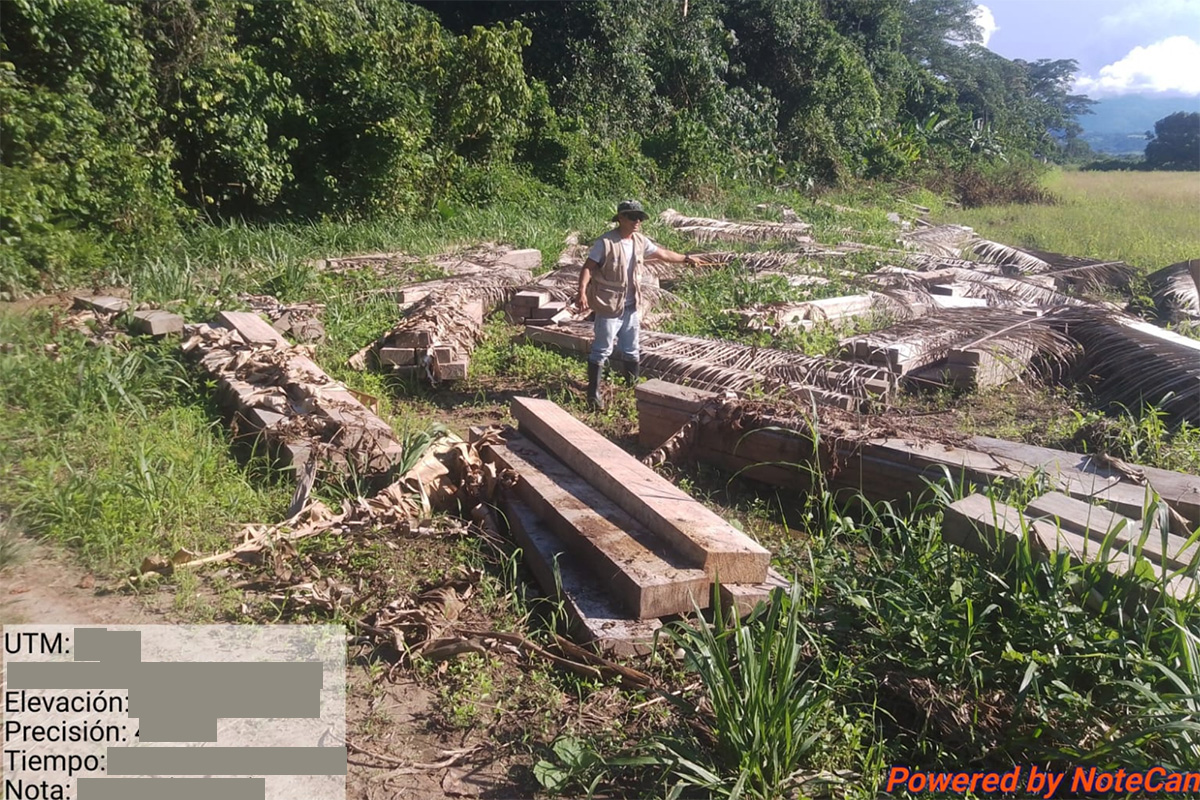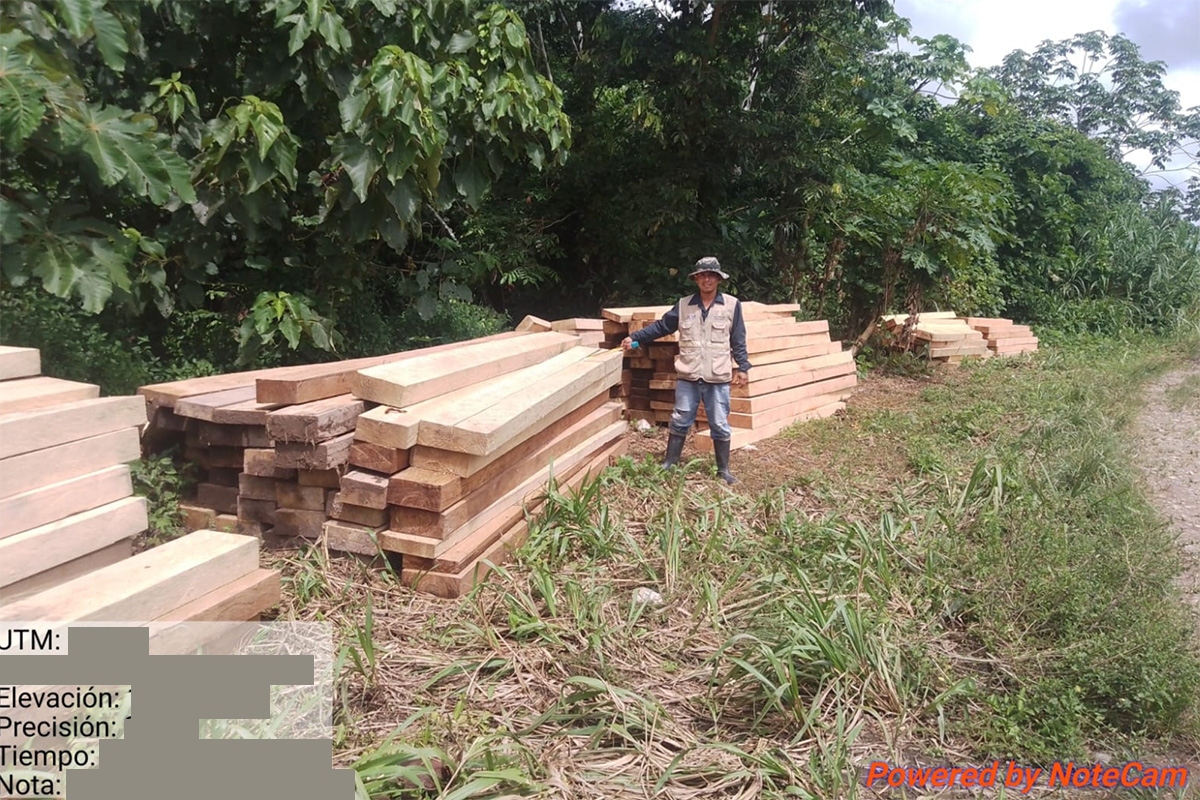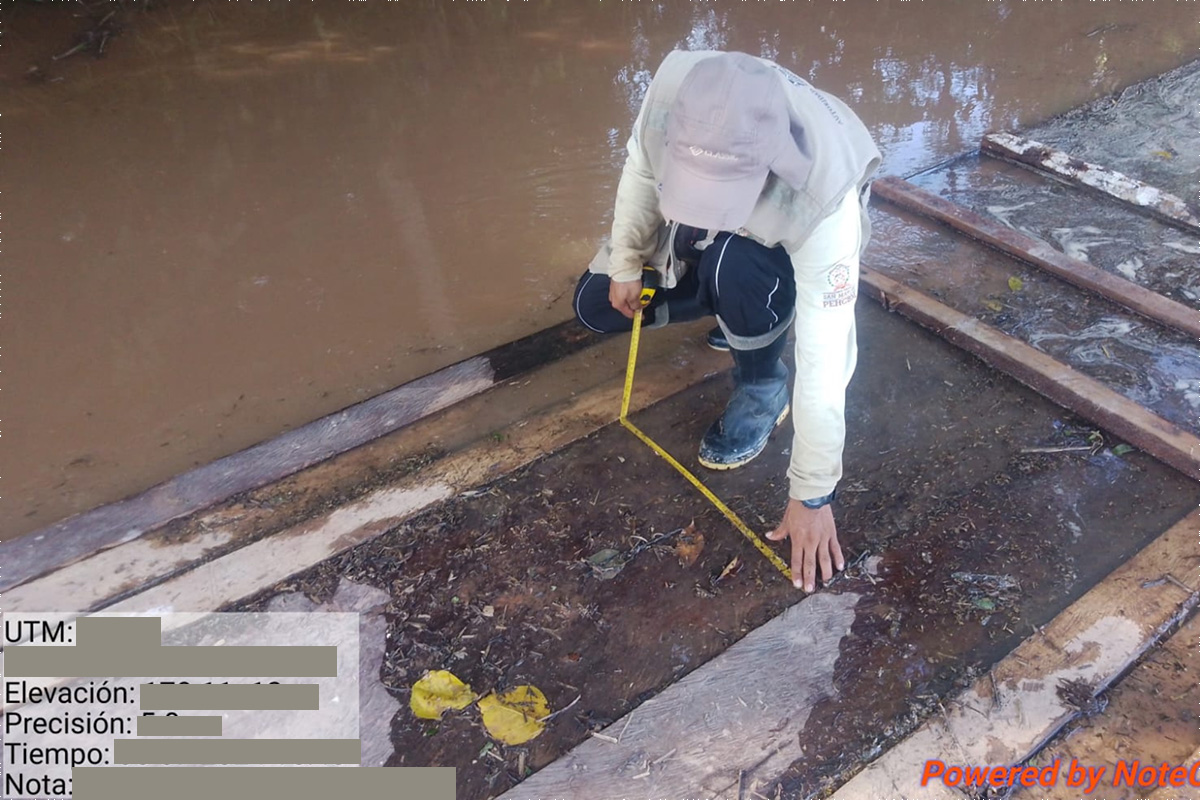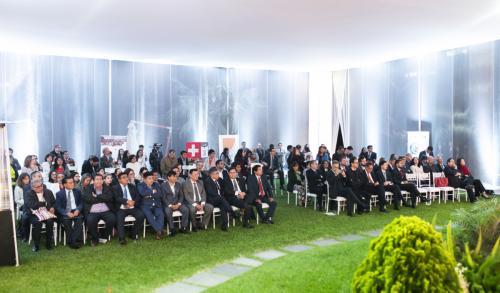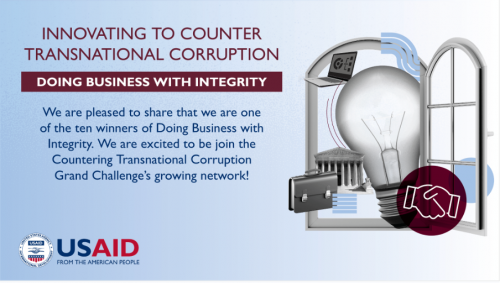Peruvian region takes an important step towards protecting forests from corruption
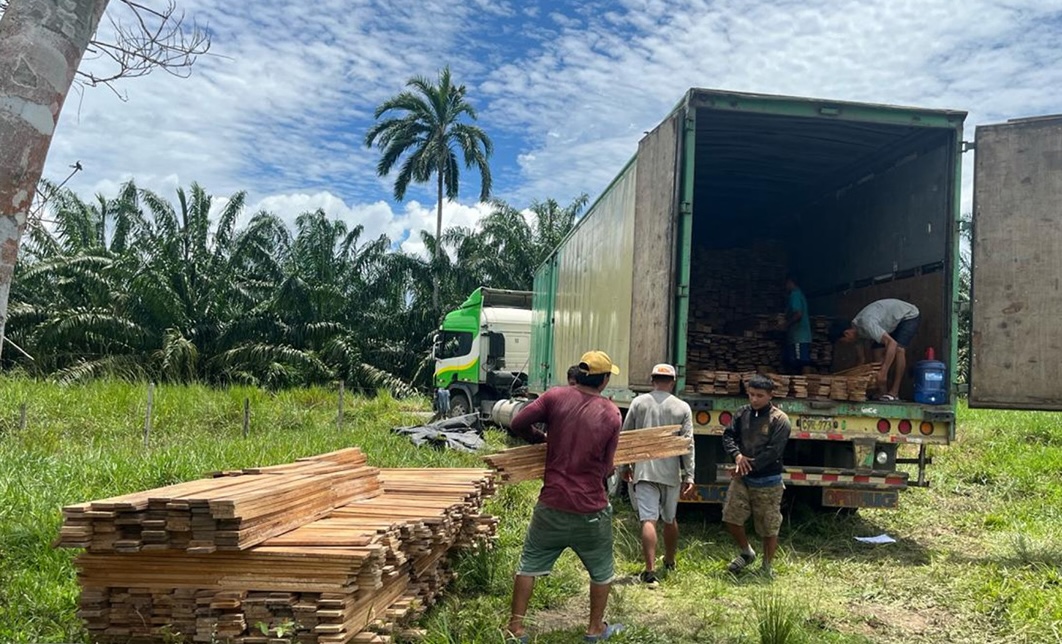
The regional government of San Martín, Peru has approved a significant new regulation to protect its forests from the devastating impact of illegal logging. This regulation aims to disrupt corruption in forest management, preventing “wood washing” by revolutionising the procedure and system for approving transport permits (guías de transporte forestal).
An average of 700 transport permits are issued per year by local forest managers who often work in remote locations with insufficient oversight. This makes the permit issuance process a prime target for corrupt actors looking for a way to hide illegally sourced timber among legal logs.
The new regulation and procedures surrounding the issuance of transport permits will make it more difficult for corrupt actors to issue false permits, increasing the risk and reducing the chances for profitability from corrupt behaviour. This regulatory change is a crucial first step in the implementation of the San Martín government’s 2023 action plan, developed with assistance from the Basel Institute’s Green Corruption team.
It is not only a significant tangible result for our corruption prevention assistance programme to the San Martín authorities, which is funded by the Combating Illicit Economies Programme of the UK's Conflict, Stability and Security Fund. It is also a clear step forward that could inspire other public agencies in charge of managing natural resource-rich areas.
Ensuring continued progress in protecting forests and biodiversity
The San Martín area covers 51,253 square kilometres (Switzerland, by comparison, is 41,285 square kilometres) and is the meeting point of two biodiversity hotspots - the Tropical Andes and the Amazon. Home to more mammal species than all Western European countries combined, San Martín also boasts a total of 3,827 registered species of plants, 544 of which are endemic to the region.
Historically, deforestation rates in the region were very high. In 2005, San Martín had the highest rate in the country, with over 16,200 square kilometres converted from forest to other uses in one year. Since then, San Martín has changed course, earning a reputation for sustainable land management.
This progress aligns with the region’s overall improvements in transparency and anti-corruption, which resulted in a top score in the country’s national integrity index for 2023. In addition to their collaboration with our Green Corruption programme, the San Martín authorities have long been supported by our Public Finance Management team through a multi-year programme funded by the Swiss SECO Cooperation.
A recent EU Deforestation Regulation, which requires timber importers to carry out due diligence to minimise the risk of illegal timber entering the bloc, has added impetus to this push for greater transparency in Peru’s forestry sector.
Actionable steps for consistency, control and oversight
The regional government’s new regulation stipulates an updated procedure for issuing transport permits, implemented by the Department of Forest Management and Wildlife of the Regional Environmental Authority of San Martín with the technical assistance of our Green Corruption team in Peru. The aim is to strengthen control and transparency by assigning responsibility to each official involved.
Transport permits are no longer issued by a single person operating independently. Instead, officials are required to complete a printed checklist form, recording approval and identifying personnel at each stage of the process with names and photographs. This creates a paper trail, complicating the path for corrupt actors.
In Peru and around the world, undefined and unapproved processes are a significant cause of corruption. Standard operating procedure and internal controls are insufficient, making it crucial to pass processes such as these by law. The regulation also stipulates that officials must be trained in the new permit procedure, ensuring that resources will be made available for proper instruction and implementation.
Next steps to improve resilience to forestry corruption
This is the first of three expected regulatory changes for 2024 under the regional government’s corruption risk management plan. Upcoming changes include:
- The implementation of a computer system for monitoring and controlling the issuance of land use permits and forest administration.
- Two directives for the proper evaluation of applications for agricultural use of private land, to prevent and detect situations that could impact forest and wildlife heritage.

